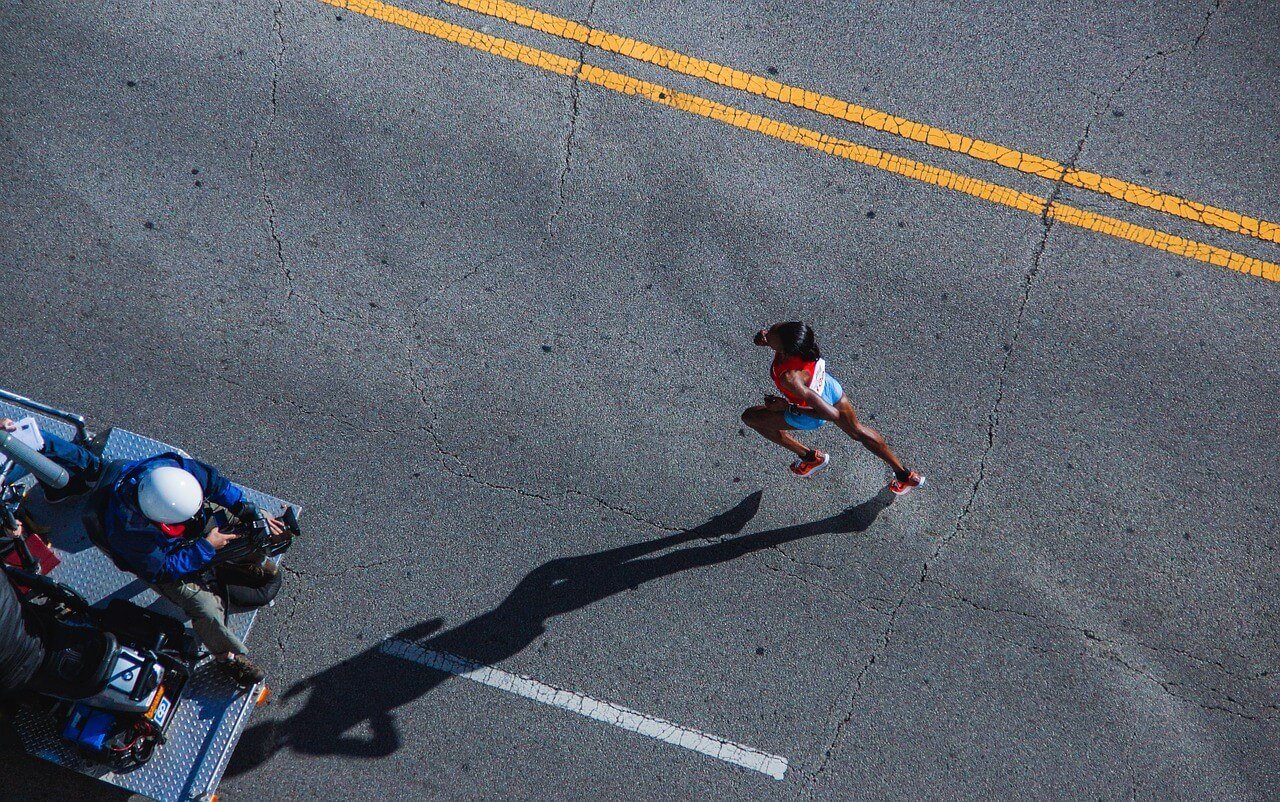Business
Tracing transgender participation in the Boston Marathon from 50 years ago
The annual Boston Marathon has been accepting transgender participants for quite some time, but the media noticed this only recently.

More than half a decade ago, women were not allowed to run in the prestigious Boston Marathon. If it was not for Kathrine Switzer, discussions on women’s participation in the marathon, or any other sport, could have been stalled.
In 1967, the 20-year-old Switzer joined the said event and used a gender-neutral name, K.V. Switzer. She did not plan to deceive the officials with the name; it was just her habit as she signed off her college papers with it, per ABC News.
Even though Switzer was not the first woman to join the Boston Marathon (Massachusetts native Bobbi Gibb took the title when she participated in 1966), her role in the event paved the way for the women’s marathon event to the Olympics in 1984—over 90 years after the men’s marathon event was first held.
Switzer’s feat has also opened the floodgates to the previously untapped women’s apparel market. According to the recently published study by Allied Market Research, the global sports apparel market is expected to hit $184.6 billion by 2020. One of the factors behind the market’s growth is the increase in women participants in various sports events, including marathons.
Men’s segment continues to have the biggest share of the sports apparel market and is expected to continue to do so in the coming years. But the women segment is also seen to post significant growth on the back of the rise in their interest and participation in different sports, Allied Market Research added.

The rise in the number of female participants in sports events such as marathons is cited as one contributor to the surge of the global sports apparel market’s value. (Source)
Meanwhile, every time the 26.2-mile Boston Marathon takes place, the Greater Boston region’s economy gains an approximate $7.67 million annually for each mile of the race, WalletHub reported.
This year alone, the Boston Marathon’s estimated economic impact reached $201 million, the Boston Athletic Association (BAA) announced last April. Some of the aspects that contributed to such amount include the participants’ charity fundraising, expenses concerning sponsors and the media, and the costs that the BAA paid for the event.
History repeating itself
While women in sports are now widely accepted, gender discussion concerning the Boston Marathon is again making headlines. This time, however, it was the inclusion of transgender athletes in the roster. CNN reported that the yearly event has been including transgender participants in the race for a few years now, but it only made some buzz lately.
In her recent blog post, transgender marathon runner Amelia Gapin hit back against critics and the media for allegedly “sensationalizing the story” while disregarding the knowledge that the Boston Marathon’s competition policy on transgender was not new.
According to Gapin, transgender people do not usually “make a big deal” about their activities. She further stated that highlighting the news about any “firsts” for the transgender people can be misleading.
On the other hand, the BAA said that runners do not have to outline their gender identity history to the organizers before they are allowed to compete in the race. BAA Director of Communication T.K. Skenderian, however, said they are not sure how many transgender athletes competed in the past and the present races.
For years, transgender people were able to join the famous marathon without media scrutiny, but full inclusion in the sport remains a major impasse they have to hurdle. Gapin, along with other advocates, was hoping to use the recent media attention to advance the discussion on the issue.

-

 Crypto5 days ago
Crypto5 days agoCrypto Markets Under Pressure as Vitalik Buterin Sells 17,000 ETH
-

 Markets2 weeks ago
Markets2 weeks agoWeather-Driven Supply Outlook Lifts Coffee Markets in Brazil and Vietnam
-

 Impact Investing3 hours ago
Impact Investing3 hours agoGreen vs. Brown Stocks: Climate Policy, Capital Costs, and the Battle for Market Returns
-

 Business1 week ago
Business1 week agoTopRanked.io Weekly Affiliate Digest: What’s Hot in Affiliate Marketing [Best Technology Affiliate Programs]
























You must be logged in to post a comment Login